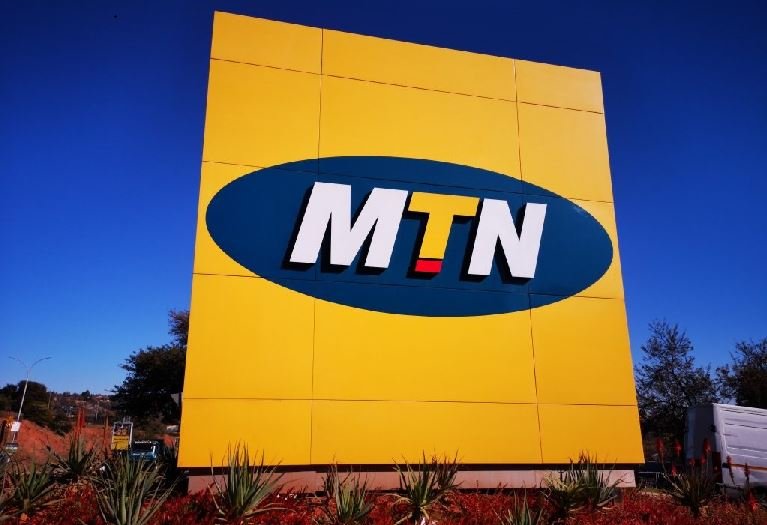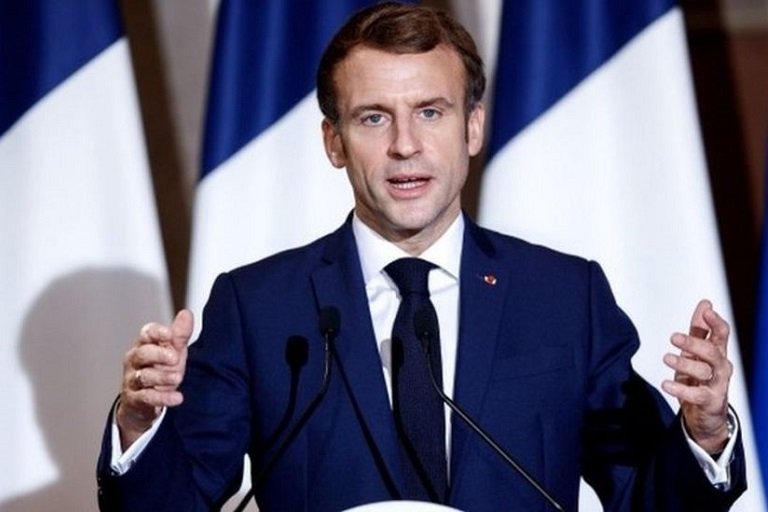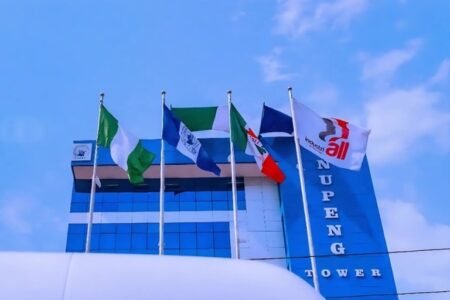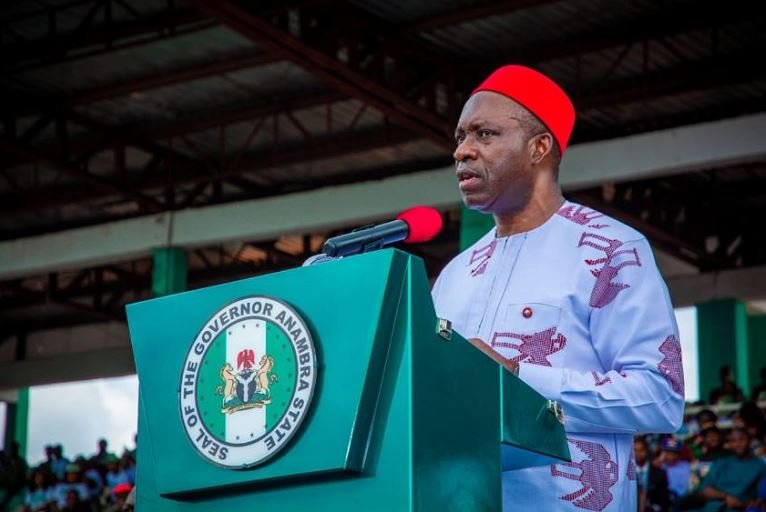MTN Nigeria has pumped a staggering ₦1 trillion into improving its network quality and expanding capacity but its CEO says the telecoms industry is still walking a tightrope.
Karl Toriola, chief executive of MTN Nigeria, told journalists on Thursday that despite last year’s harsh economic shocks, the company stayed focused on boosting service standards and customer experience.
He explained that MTN tracks quality of service daily using independent benchmarks, including crowdsourced speed tests and Facebook analytics. “When service improves, no one notices but when it drops, everyone does,” Toriola said.
According to him, Nigerians often keep multiple SIMs for backup, but over time, “wallet share” naturally flows to the network with better performance.
“We outspent our competitor nine to one on capacity and quality,” he said. “That’s why we’ve invested around a trillion naira in 2025 to keep raising the bar.”
‘Telecoms Need Stable Policies, Not Just Money’
Despite the heavy spending, Toriola admitted that Nigeria’s telecoms sector is under pressure. The naira’s steep devaluation — from ₦450 to ₦1,600 per dollar in 2024 — left MTN making losses and borrowing to stay afloat.
“Our costs quadrupled, yet tariffs stayed frozen until early 2025,” he said. “In other markets, tariffs adjust automatically with inflation. Nigeria must adopt the same model if we want a resilient sector.”
He warned that without policy stability and the ability to pass on inflationary costs, the industry could face collapse.
Toriola said the sector still needs billions of dollars in fibre rollout, data centres, and network expansion — but capital will only flow where investors see security, stability, and reliable returns.
“Capital doesn’t care whether you’re Nigerian or foreign. It goes where it’s safest,” he said, noting that recent FX reforms have slightly eased the flow of dollars in and out of the country.
His message was clear: MTN may be leading the way with record investments, but without stable policies, clear rules, and inflation-linked tariffs, Nigeria’s telecoms future remains uncertain.











